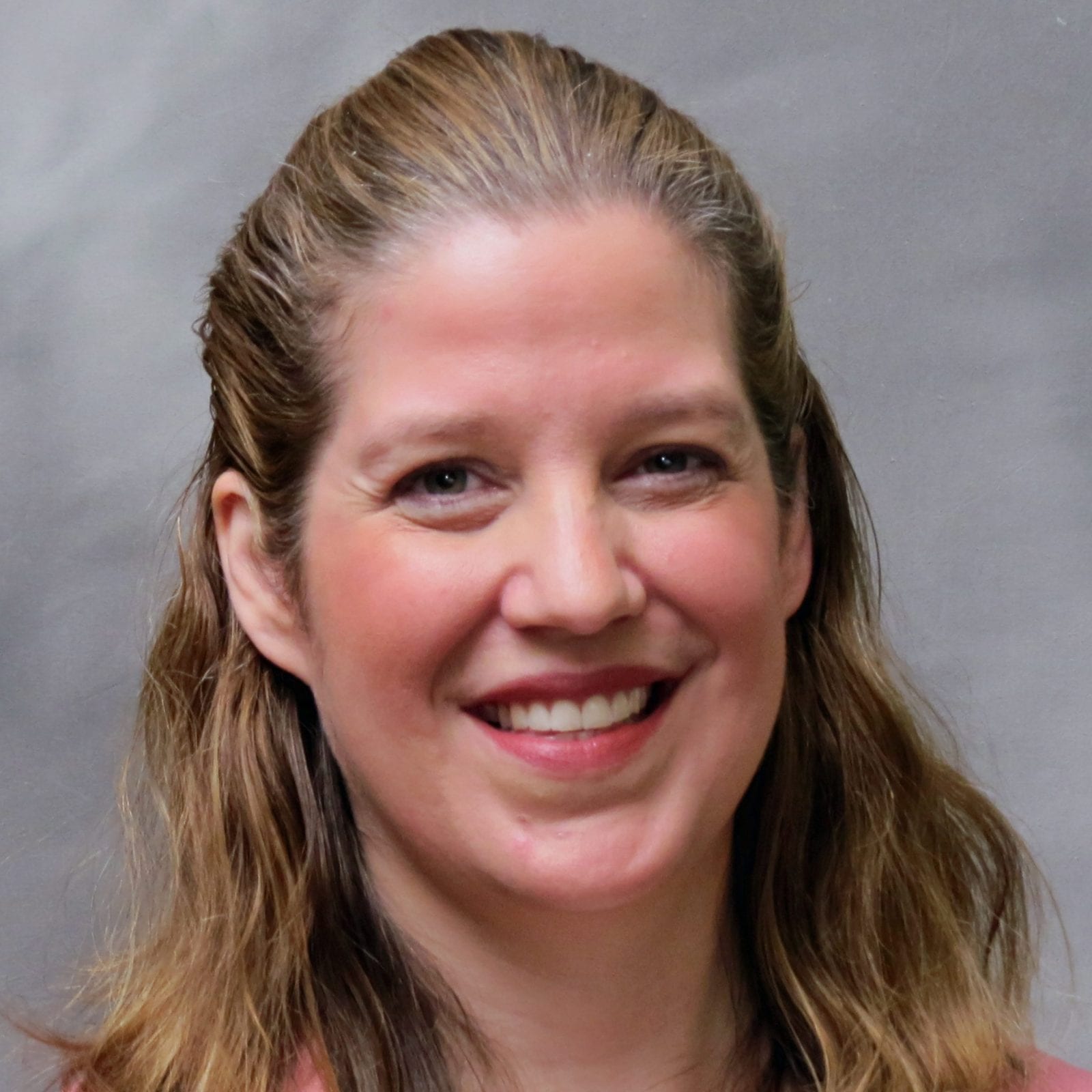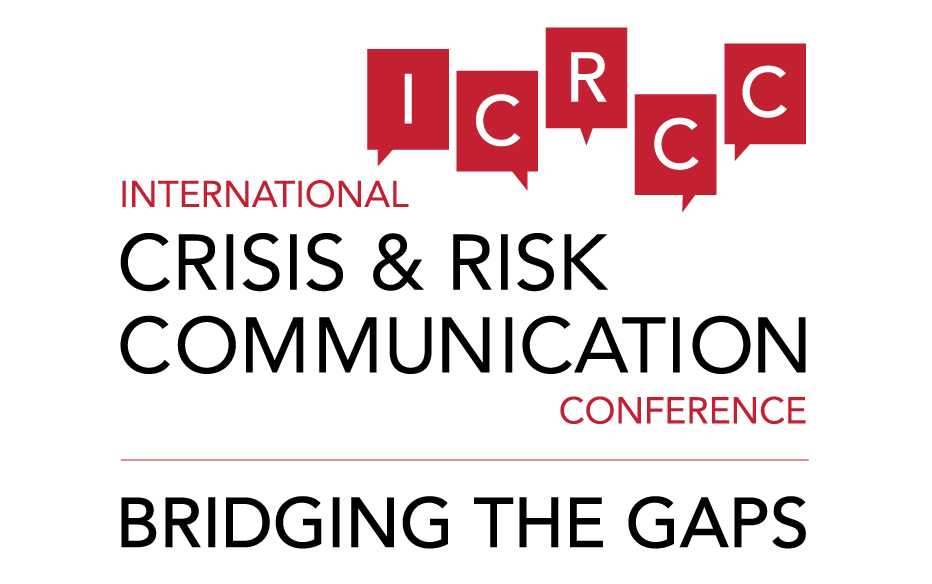
Health Communication Specialist
U.S. Centers for Disease Control and Prevention
United States
Dr. Laura Pechta is a Health Communication Specialist with the Emergency Risk Communication Branch in the Division of Emergency Operations at the U.S. Centers for Disease Control and Prevention (CDC). For the past four years, she has been a member of the research and evaluation team conducting real-time communication surveillance of news and social media and special research and evaluation tasks for twelve CDC emergency responses such as the Multi-state Fungal Meningitis Outbreak, Hurricane Sandy, H7N9 Influenza A in China, and the Ebola response. She has also deployed twice as the Health Communication Lead for the Ebola response in Liberia doing everything from risk communication technical assistance to public affairs and media support for Liberia’s Ministry of Health Incident Management staff and CDC response teams. In addition, she conducts research projects on emergency communication and coordination with internal and external CDC partners and provides subject matter expertise for the Crisis and Emergency Risk Communication (CERC) program. Laura received her PhD in Communication at Wayne State University and MA in Organizational Communication from Purdue University.
Complexities in Communication and Collaboration During the Later Stages of the Ebola Crisis in Liberia
This presentation will describe on-the-ground experiences of a CDC health communication officer dealing with the complexities of communication and collaboration during the later stages of the Ebola crisis in Liberia. Pechta will describe how the novelty and uncertainty of the Ebola virus complicated the assumed recovery or resolution stage of the crisis, including how external environments and organizational cultures in Liberia affected interorganizational crisis collaboration of communication activities and messages among international agencies, local governmental ministries, and other partners. Applying these experiences during the Ebola crisis to these two groups of theories of crisis stages and interorganizational crisis collaboration will bridge the gaps between practice and theory by providing further insights for communication practitioners for future responses and aid in the further development and refinement of these theories.


